Dror Poleg's Newsletter Archive
Weekly Brain Food
Below are some articles and ideas I am processing this week. This list goes out only to Premium Subscribers.

After Office: Evolving Draft
The latest draft.
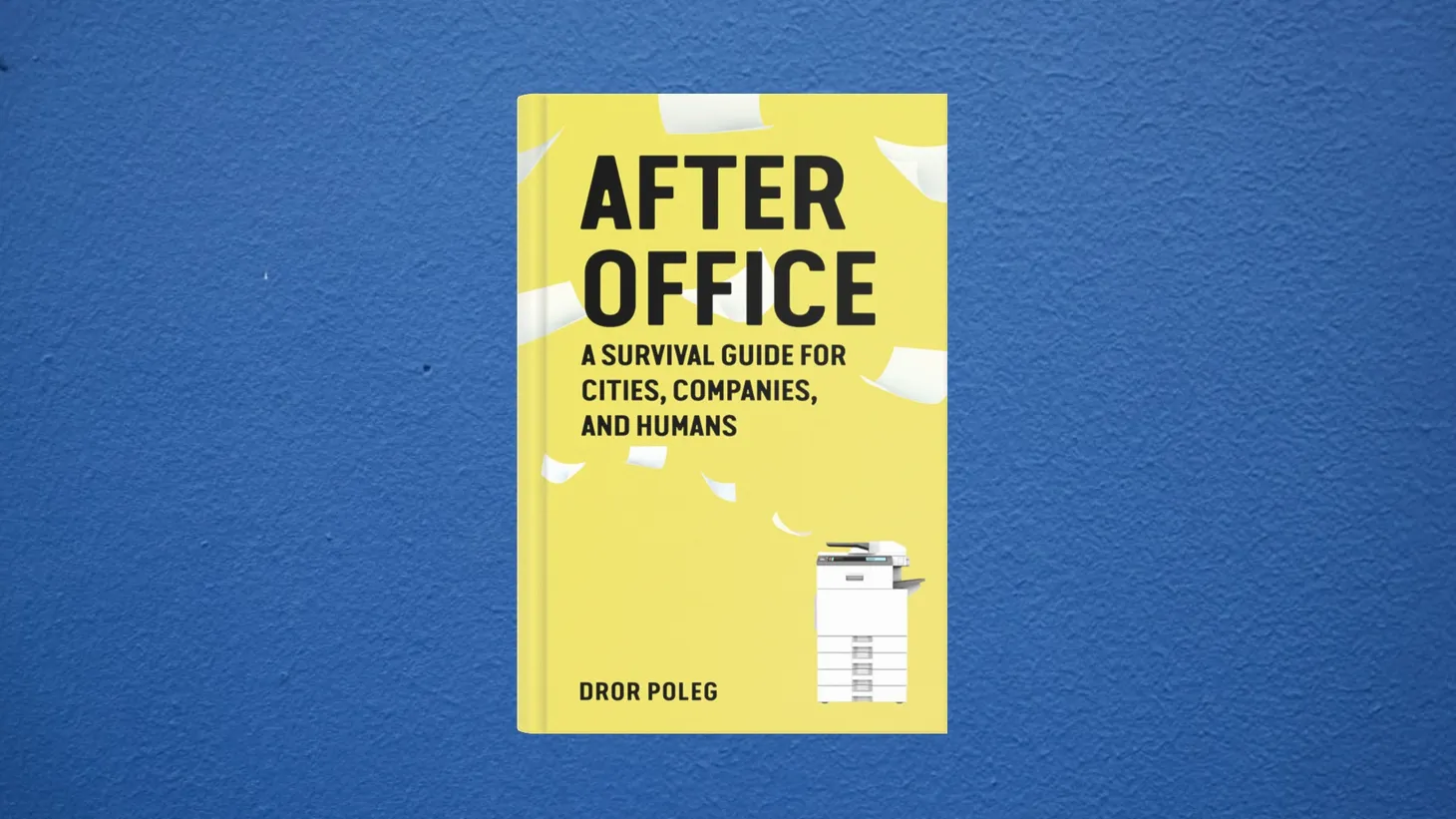
Stop The Music
The disruption of creative work has been going on for a long time. And yet, we always assume it won't affect us.

Best of 2022 + What's Next?
🎧 An audio version of this article is available below and on Spotify, Apple Music, and beyond. 2022 is drawing to a close. It's been intense. My family and I started the year in a new home, in a new town, with a new baby boy — scaling multiple steep

Navigating a Dancing Landscape
The internet compels us to constantly respond and adapt to each other's behavior. This makes everything less predictable. Why does this happen and how can we succeed in such an environment?

Zucked and Musked
The first-order effect of remote work is emptier offices. The second-order effect is leaner companies. The third-order effect is more inequality and opportunity.
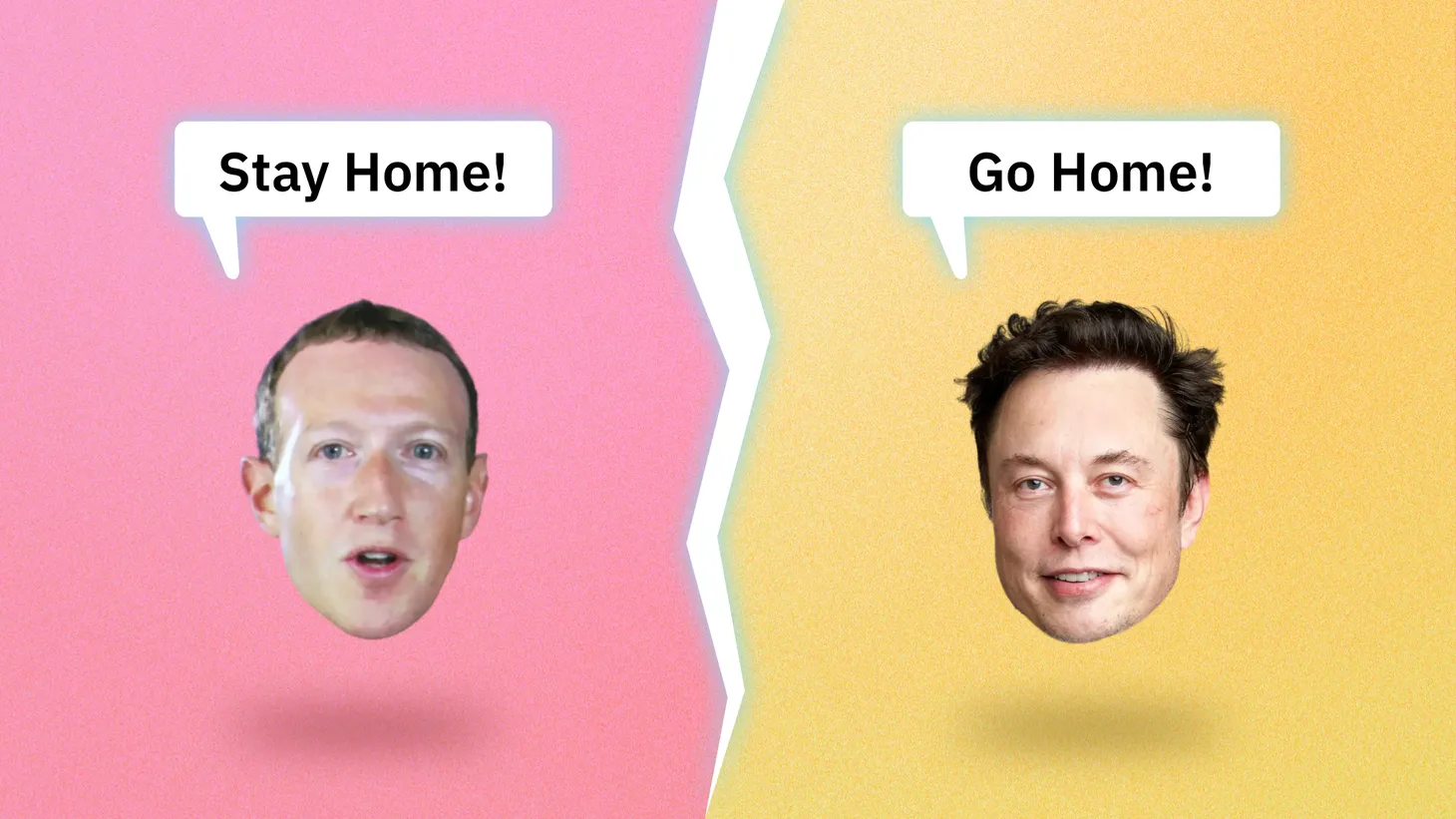
Why Inequality is Efficient
The physical and cultural constraints that gave rise to a normal income distribution are losing their power. The difference between highway and airline networks explains why.
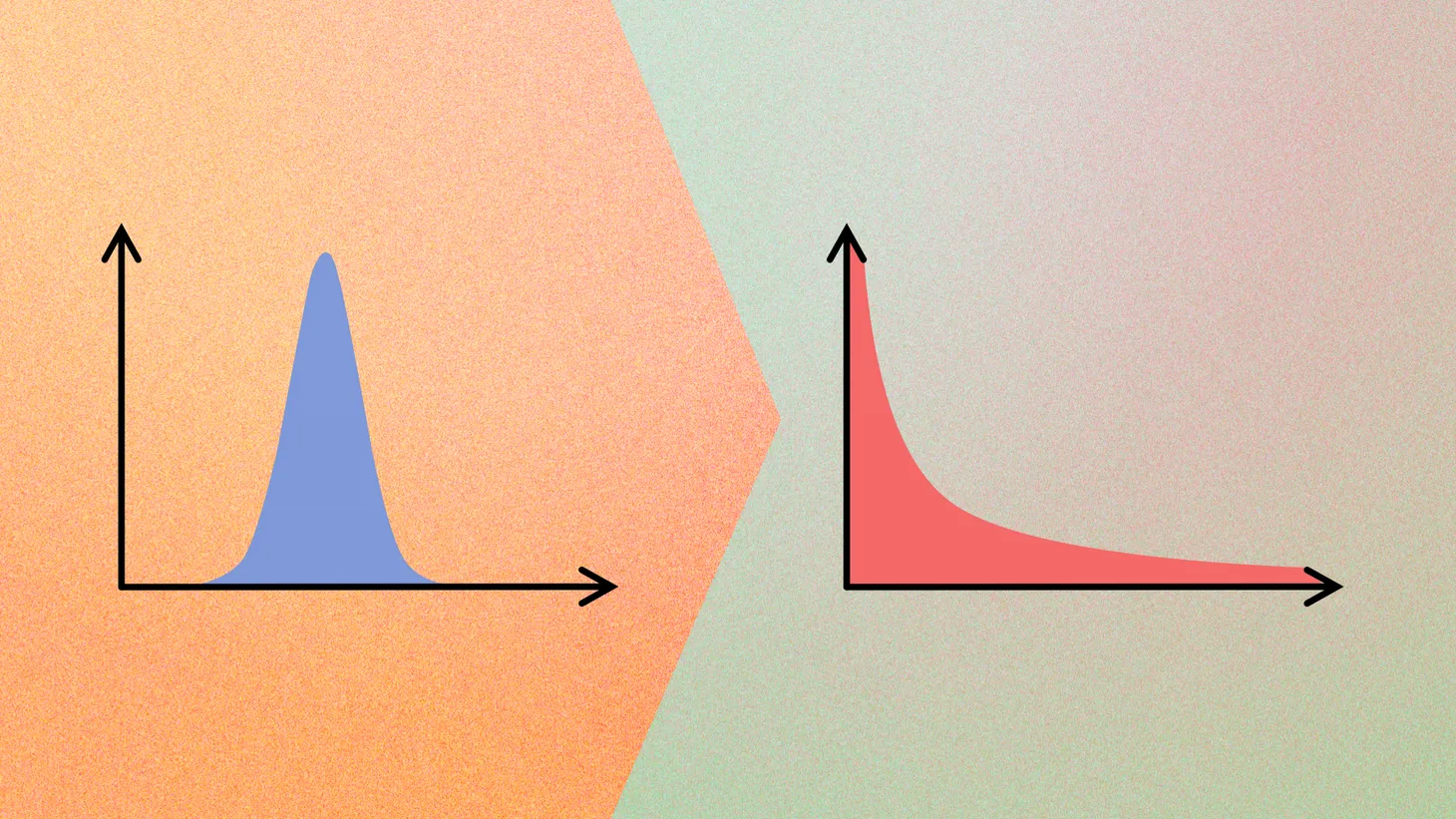
The Middle Class Is Dead. Long Live the Long Tail Class.
A networked, creative economy cannot produce a normal distribution of income. Our focus should shift to providing a minimum-viable lifestyle to a growing long-tail class. Cities have a critical role to play in that process.

Cities are Instagram
As they grow, networks become more efficient and less egalitarian. The process explains a lot about where we are — and where we're headed.

Housing Is the New Office
Can an oversupply of offices create an oversupply of housing? (Generally, no. Occasionally, yes.)

Airbnb is WeWork
You can change a giant market even if you don't control it.

Airbnb's Double Disruption
Airbnb is a housing company. Always has been. Landlords, property managers, and brokers should start paying attention.
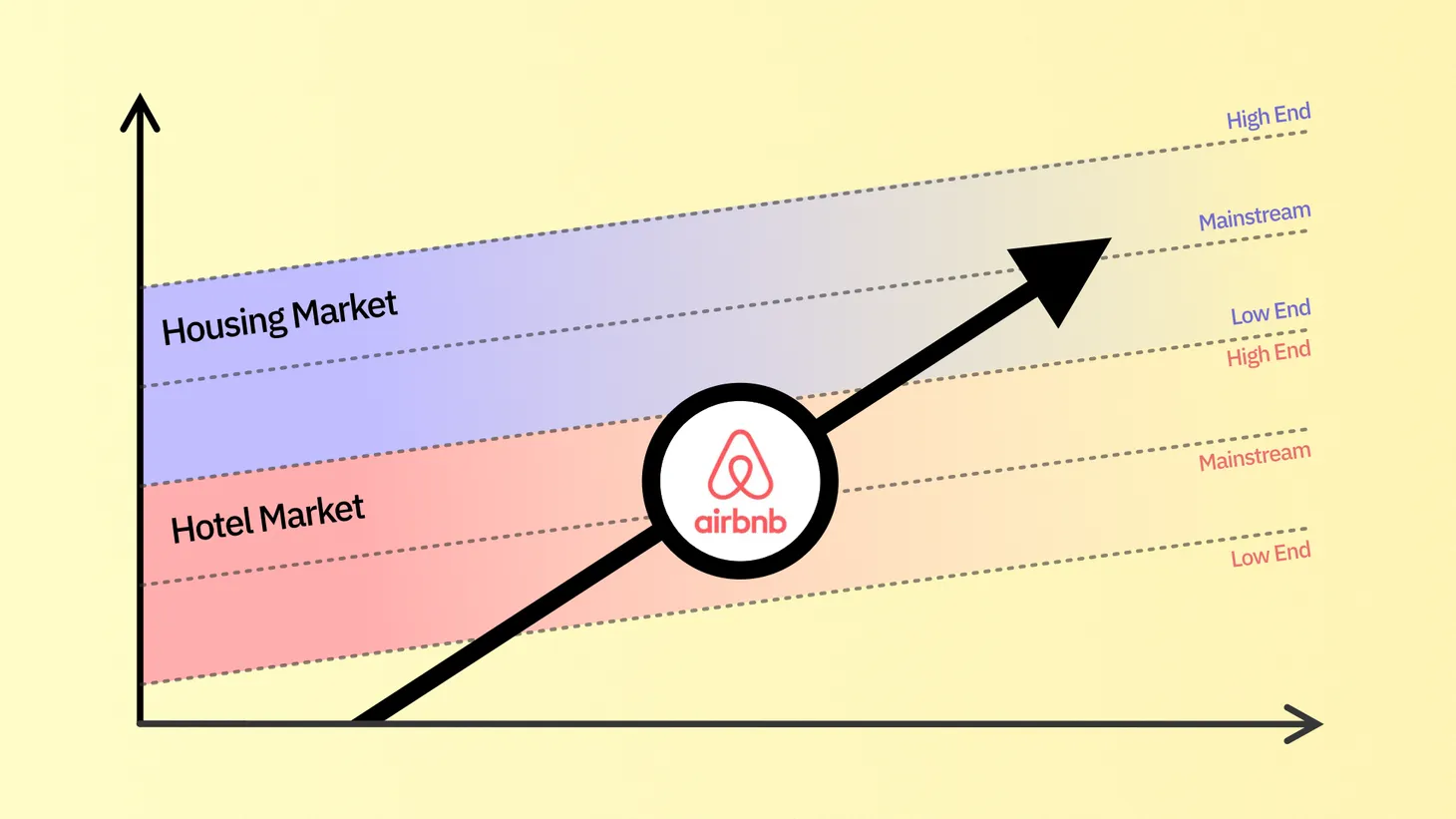
Kanye Capitalism
Investors will put up with as much as they can for as long as they can.
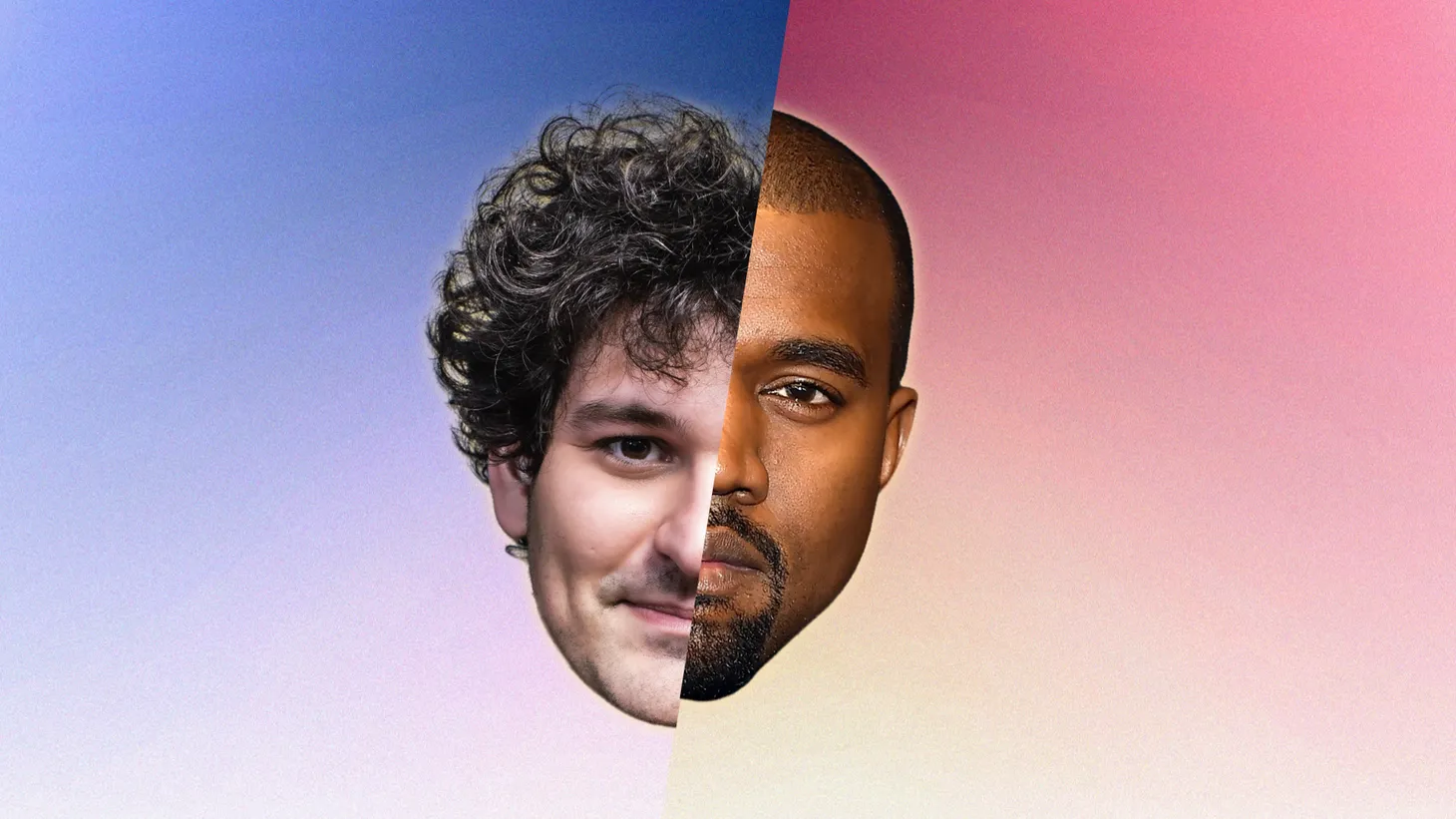
How To Speak Venture
A letter from FTX's most conservative investor explains why they'll do it again.
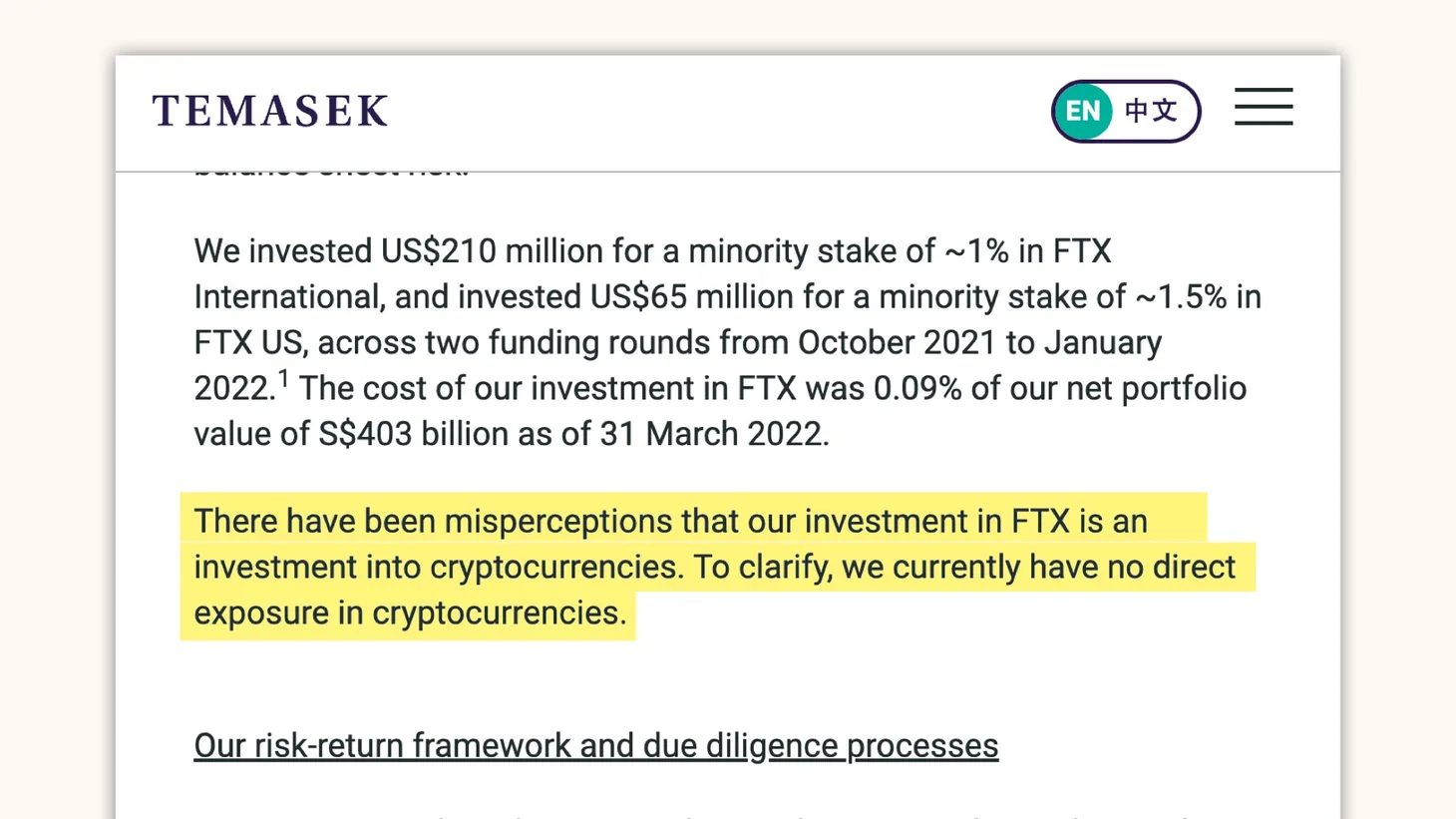
Financial Hits and Misses
In a complex world, success only makes sense after it happens.
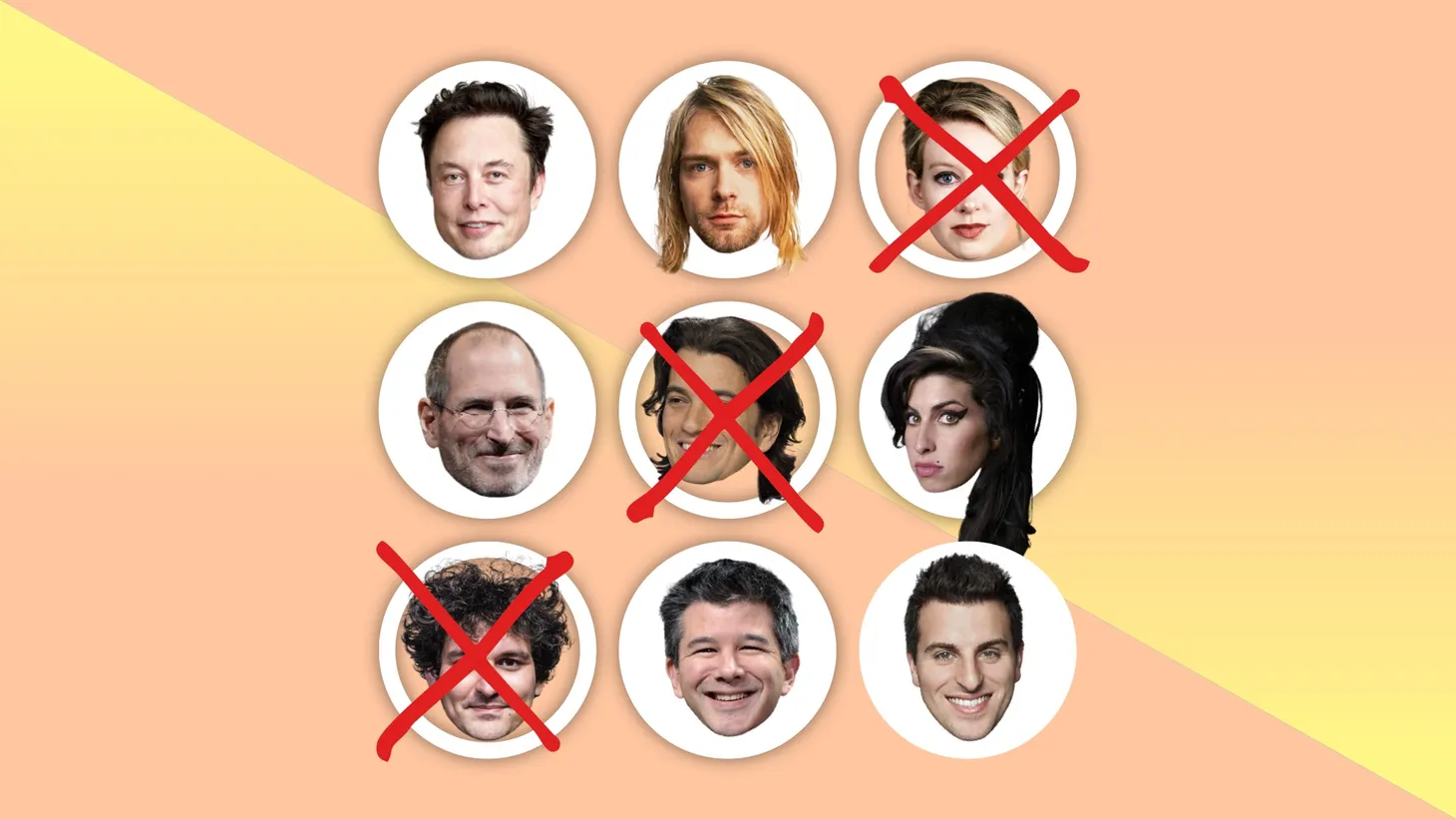
Reasonable FOMO
A more competitive market means a stronger need for unsustainable incentives and more "dumb" bets by smart investors. Here's how to make the most of it.

Don't read. Listen.
I am traveling this week, so no long newsletter. But I wanted to let you know that some of my recent articles are now available in audio format. Instead of reading, you can listen. I am reviving my old podcast and will post all audio versions there. Below are a
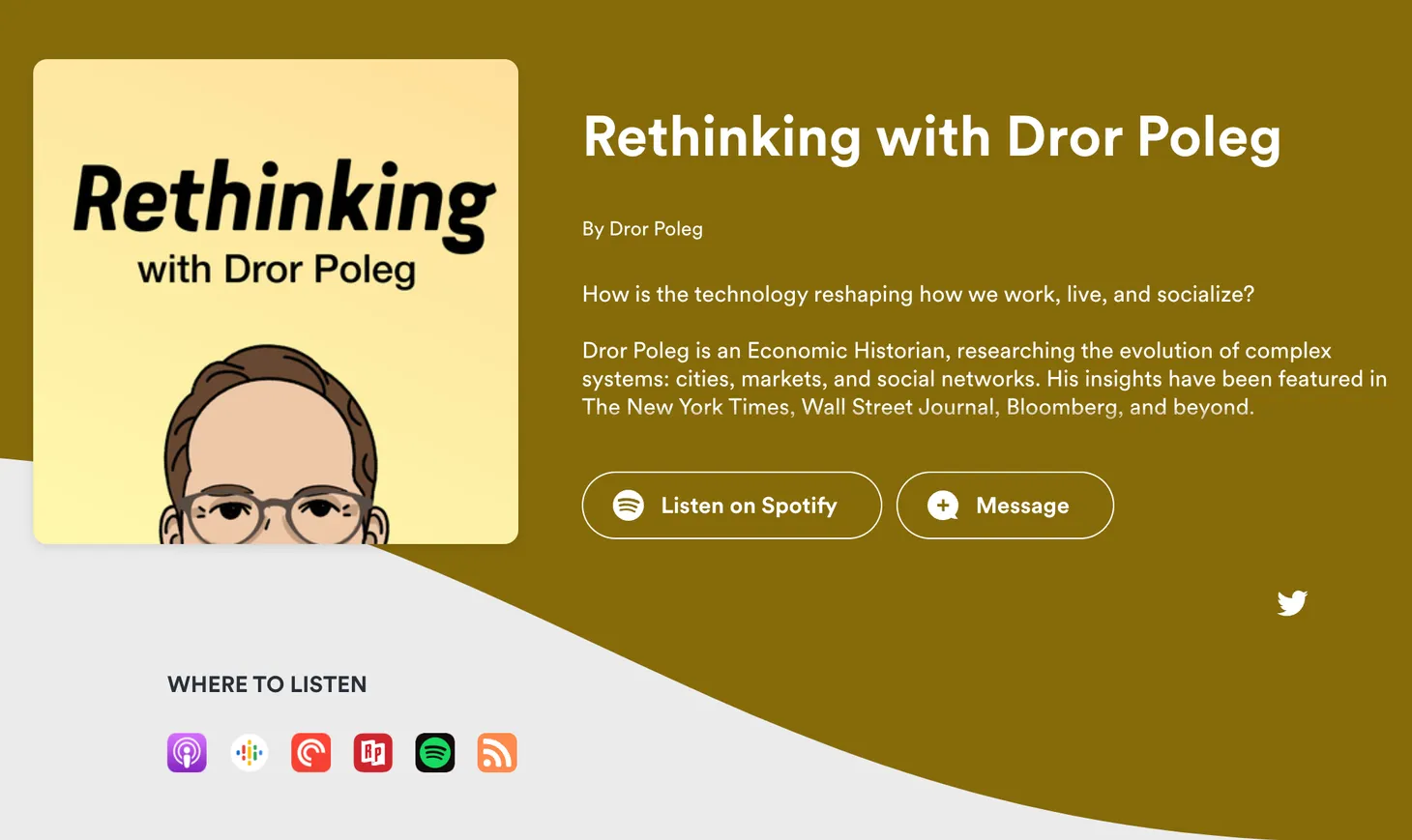
Outsourcing Volatility
Over time, creative destruction becomes faster, less predictable, and harder to contain.

The Vader Paradox
The more new content there is, the more likely we are to consume old content.

The Race Between Complexity and Control
A networked world is a less predictable world. There are ways to make it more predictable. But you're not going to like them.

